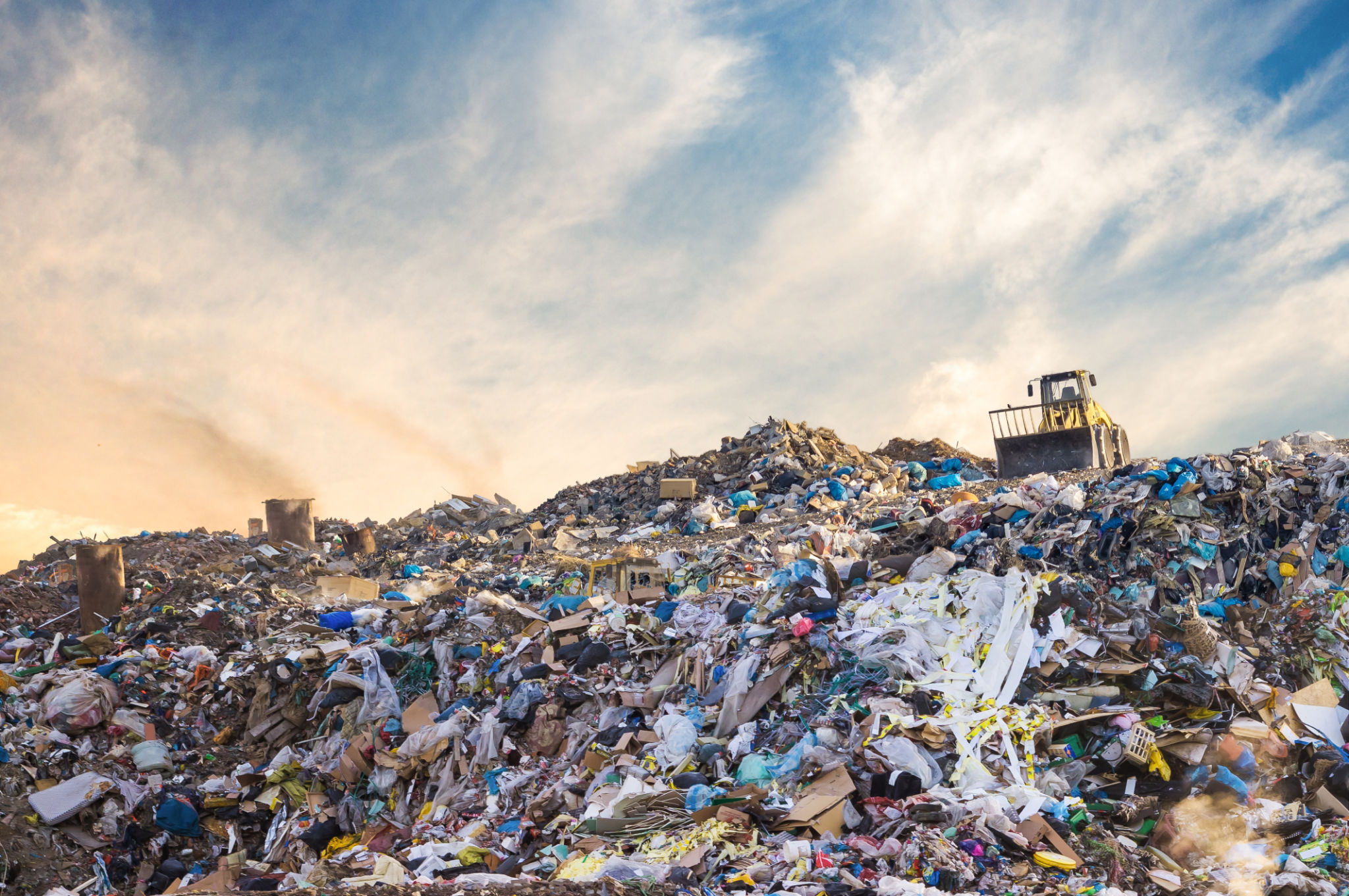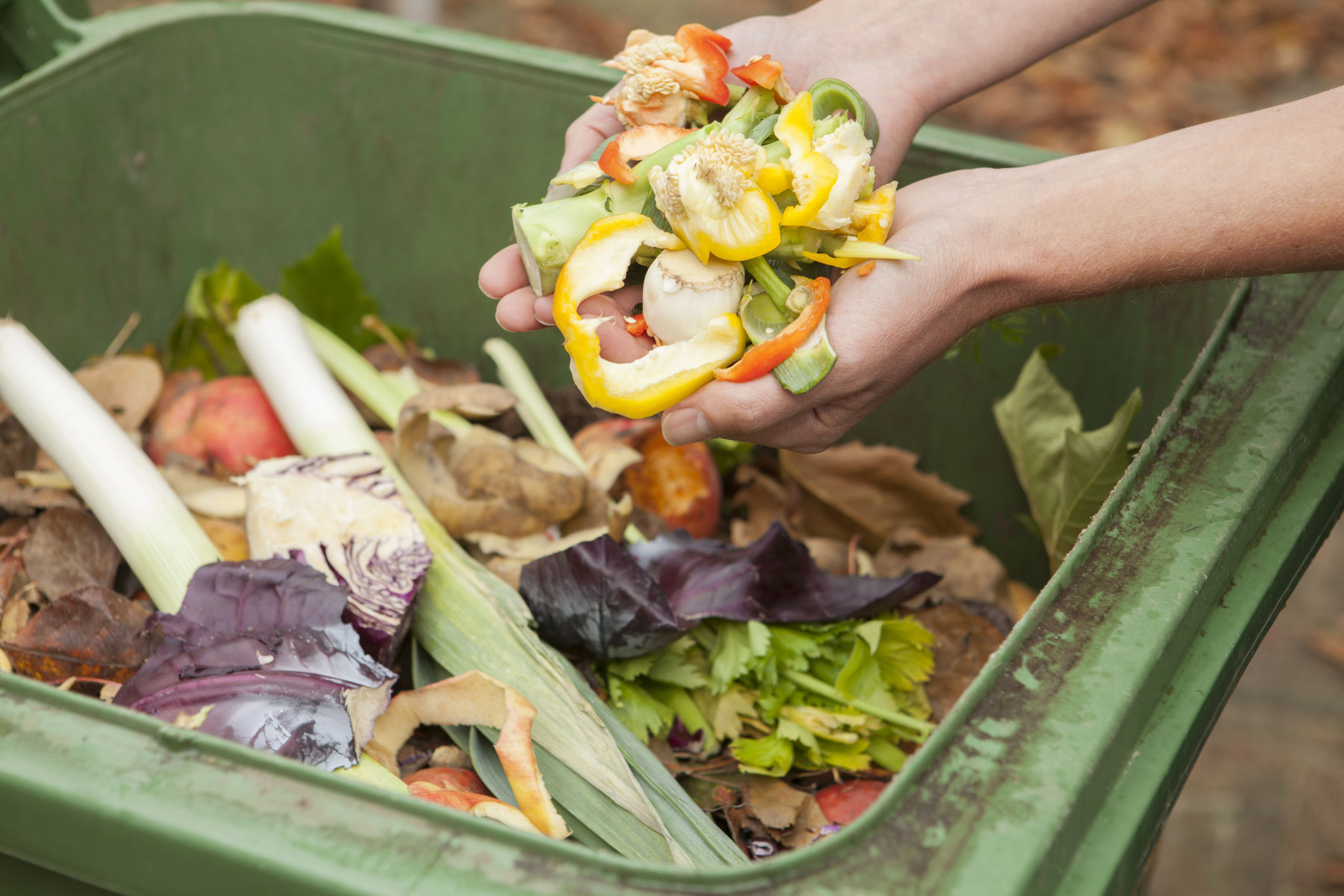The Environmental Impact of Waste Disposal Services in Dallas-Fort Worth
Understanding Waste Disposal Services
Waste disposal services play a crucial role in maintaining the environmental health of urban areas like Dallas-Fort Worth. These services ensure that waste is collected, processed, and disposed of in a manner that minimizes harm to the environment. However, the impact of these processes is not negligible, and it’s important to understand how they affect our surroundings.
The Role of Waste Disposal in Urban Areas
In densely populated regions such as Dallas-Fort Worth, efficient waste management is essential. The area generates thousands of tons of waste daily, necessitating a robust system to handle it. Waste disposal services are responsible for the collection and transportation of waste to various facilities where it is sorted, recycled, or disposed of. This process helps in reducing the amount of waste that ends up in landfills, ultimately mitigating environmental pollution.

Environmental Concerns Associated with Waste Disposal
While waste disposal services are beneficial, they are not without their environmental drawbacks. One significant issue is the emission of greenhouse gases from waste collection trucks and processing facilities. These emissions contribute to air pollution and climate change, posing a threat to both human health and the environment.
Landfill Impact
Landfills are another major concern. When waste is not properly managed, it can lead to the release of methane gas, a potent greenhouse gas. Furthermore, landfills can contaminate local soil and water sources if hazardous substances leach into the ground. This contamination can adversely affect local ecosystems and biodiversity.

Steps Towards Sustainable Waste Management
Efforts are being made to mitigate the environmental impact of waste disposal services in Dallas-Fort Worth. Many companies are investing in cleaner technologies and adopting more sustainable practices. For instance, transitioning to electric or hybrid vehicles for waste collection has been shown to significantly reduce emissions.
Recycling and Composting Initiatives
Recycling and composting are pivotal in reducing the volume of waste that requires disposal. By diverting recyclable materials from landfills, these initiatives help conserve natural resources and reduce pollution. Composting organic waste, on the other hand, enriches soil and reduces the need for chemical fertilizers.

Community Involvement and Education
The success of sustainable waste management largely depends on community involvement. Educating residents about proper waste segregation and recycling practices can lead to more efficient waste processing. Public awareness campaigns can also help highlight the importance of reducing waste at the source.
Future Outlook
The future of waste disposal services in Dallas-Fort Worth looks promising as more entities recognize the importance of sustainability. With continued investment in technology and community engagement, it’s possible to significantly reduce the environmental impact of waste management practices.
Ultimately, it is a collective effort that will drive meaningful change, ensuring that Dallas-Fort Worth remains a vibrant and healthy place to live for generations to come.
